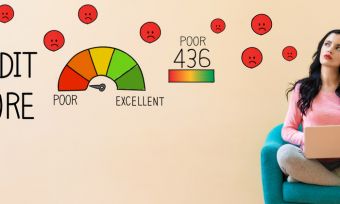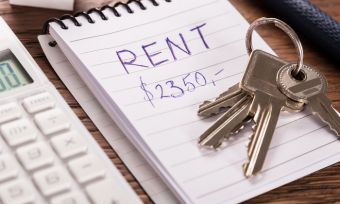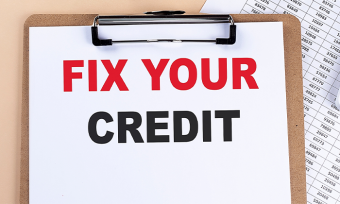Sometimes, if you’ve a number of debts – from credit cards, store cards or personal loans – juggling repayments can feel overwhelming. In such a situation, debt consolidation can help, by combining the debts into one, easy-t0-manage sum, hopefully, at a lower interest rate.
So, what is debt consolidation, and what options are there? Canstar explains:
What is debt consolidation?
Debt consolidation is a financial strategy that involves combining multiple debts into a single, more manageable loan. The main purpose of debt consolidation is to simplify debt repayment. By taking out a new loan (or adding to an existing one), you only have to keep on top of one set of repayments.
What are your options?
When it comes to debt consolidation, there are a few options:
Consolidate your debt using a personal loan
A personal loan from a bank or other lender is a common option for debt consolidation. Personal loans can be secured or unsecured. Secured loans require that you offer something you own as collateral (e.g. your house or vehicle), whereas unsecured loans allow you to borrow the money outright. A lender needs to evaluate your financials before approving a secured or unsecured loan. Typically, secured loans have a lower interest rates than unsecured options. You may end up saving money if you merge all your debts into a loan with a lower interest rate.
But remember, if you default on your personal loan, you’re putting yourself at risk of losing your home or car.
To compare personal loans, take a look at Canstar’s comparison tool here.
Compare personal loans with Canstar
Balance transfer credit cards
Some credit card companies offer balance transfer credit cards with a promotional low (sometimes even 0%) interest rates for a limited period. These typically range from six to 18 months. By transferring existing credit card balances to the new card, you can consolidate multiple credit card debts into one account.
However, be aware of any balance transfer fees and the interest rate after the promotional period ends.
To find the best credit card to help you with your debt consolidation, take a look at Canstar’s credit card comparison tool.
Compare credit cards with Canstar
Home equity loan
A home equity loan is similar to a secured personal loan, when you use something you own (your home) as collateral. If you’re a homeowner, you might be able to use your home equity for debt consolidation.
Home equity loans typically have lower interest rates than personal loans. However, the process for getting approved for a home equity loan is a lot more involved and takes longer than getting approved for a personal loan. This isn’t ideal if you’re looking to consolidate your debt ASAP.
If you do decide to go with a home equity loan, it’s important to remember that if you default on your payments you are at risk for losing your house.
Extending your mortgage
Mortgage rates are typically lower than other loans, so it can make sense to increase your mortgage to pay off your other debts, especially those with higher interest rates.
However, it’s important to note that extending your mortgage can mean it will take longer to pay off, which could end up costing you more in the long run, even if interest rates are low.
Compare home loans with Canstar
Is debt consolidation the best choice?
While debt consolidation can be a helpful financial strategy, there are certain situations when it might not be the best choice. Here are some situations when you might be better off avoiding debt consolidation:
- You’re already struggling to make ends meet and won’t be able to pay the consolidated debt
- Your debt is a result of poor spending habits. If you don’t first address your financial choices, you may end up accumulating more debt, even after consolidation
- Unstable income or employment means you might not be able to pay off the consolidated debt
- You have negative home equity
- You already have existing low-interest debt. Consolidating your debt in this case could mean you end up paying higher interest rates
If any of the above are applicable, it might be best to consider avoiding debt consolidation and going with another option instead. Other options can include:
- Creating a strict budget and repayment plan
- Seeking help from a financial mentor
- Prioritising repayments of high-interest debts
- Using the Moneytalks free helpline
- Joining a MoneyMates peer support group
As with all financial decisions, before deciding on debt consolidation or any other debt management approach, it’s crucial to carefully evaluate your situation, balance any possible benefits and costs, and to seek advice from a financial professional.
About the author of this page
This report was written by Canstar Content Producer, Caitlin Bingham. Caitlin is an experienced writer whose passion for creativity led her to study communication and journalism. She began her career freelancing as a content writer, before joining the Canstar team.





Share this article